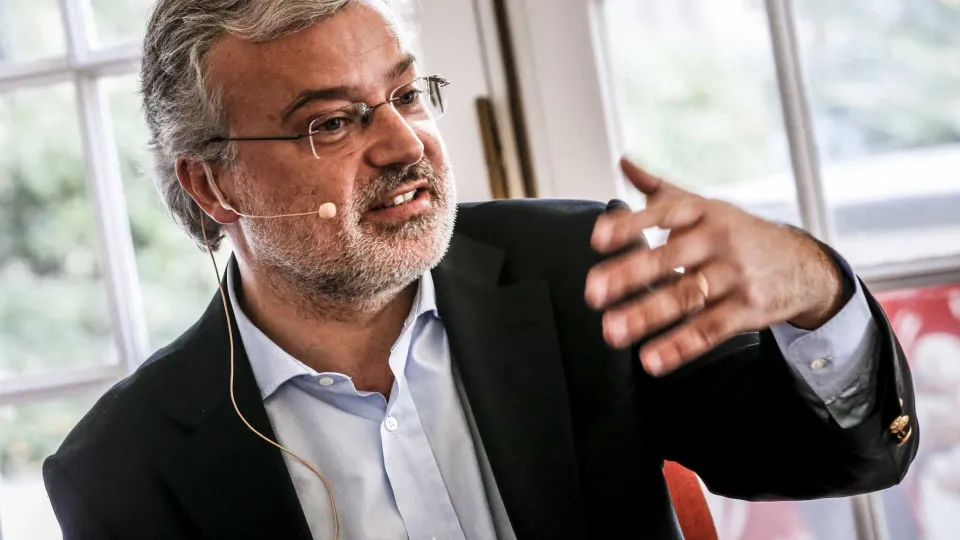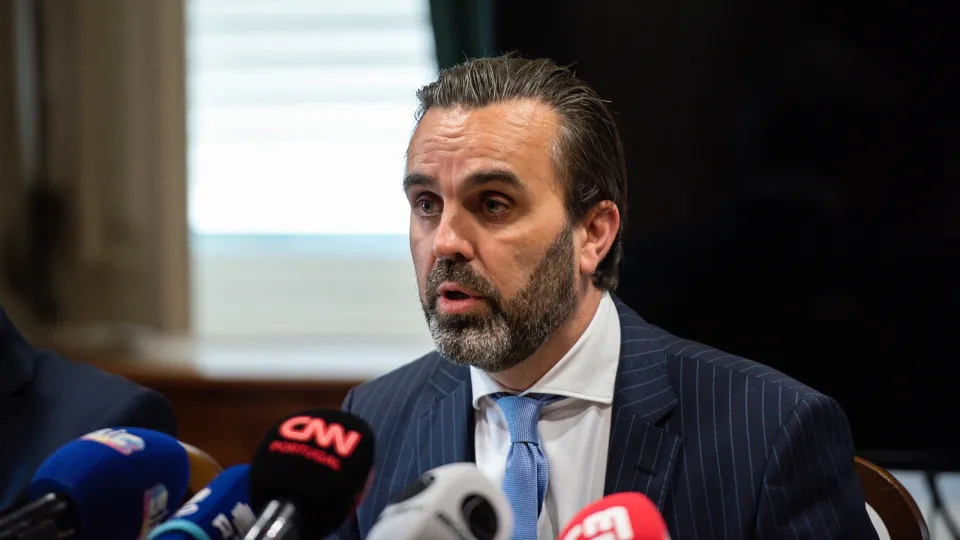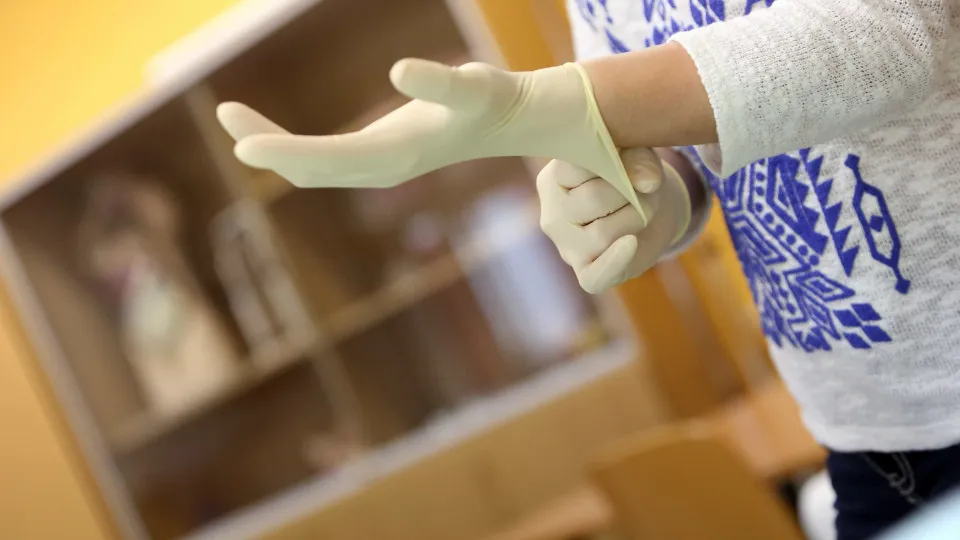
António José Teixeira participated today in the symposium ‘Media and Pluralism in Portugal – A worsening crisis’, in Lisbon, where he asserted, “Fact-checking is essential and urgent, even if it is revealing archaic, given its incapacity and insufficiency for such disparate and powerful perceptions and alienations.”
The former RTP news director explained that “some dedicate themselves to constructing realities when the choice between false and true has lost relevance and one lives in parallel worlds,” complicating the fight against misinformation.
Moreover, “journalism has become permeable to misinformation, lost economic sustainability, when it needs more muscle than ever to scrutinize and explain the complexity of the world. It seems destined for the consumption of a minority willing to pay and recognize its utility,” stated the professor.
In this regard, the ‘Media Pluralism Monitor’ (MPM) report primarily warns of “risks of misinformation during election periods through messages circulating on digital platforms, which escape the current regulatory framework aimed at traditional media, even if extended to digital media.”
“The risks are exacerbated by the communication practices of the far-right party Chega, which has been repeatedly accused of grossly decontextualizing information or using journalistic brand logos to disseminate fake news,” reads the document.
António José Teixeira further emphasized that supporting independent journalism is a public responsibility, highlighting the importance of public media service for a healthy democracy.
The MPM stresses in this regard that “most media companies do not have ethics codes adapted to the digital ecosystem that offer detailed guidelines at critical moments of the democratic cycle, such as electoral campaigns, misinformation, and the rise of far-right populism.”
At the event presenting the ‘Media Pluralism Monitor’ data held at the Faculty of Social and Human Sciences of the Universidade Nova de Lisboa, the deputy director for faculty research, Sónia Vespeira de Almeida, highlighted the importance of this monitoring for media outlets in Portugal.




